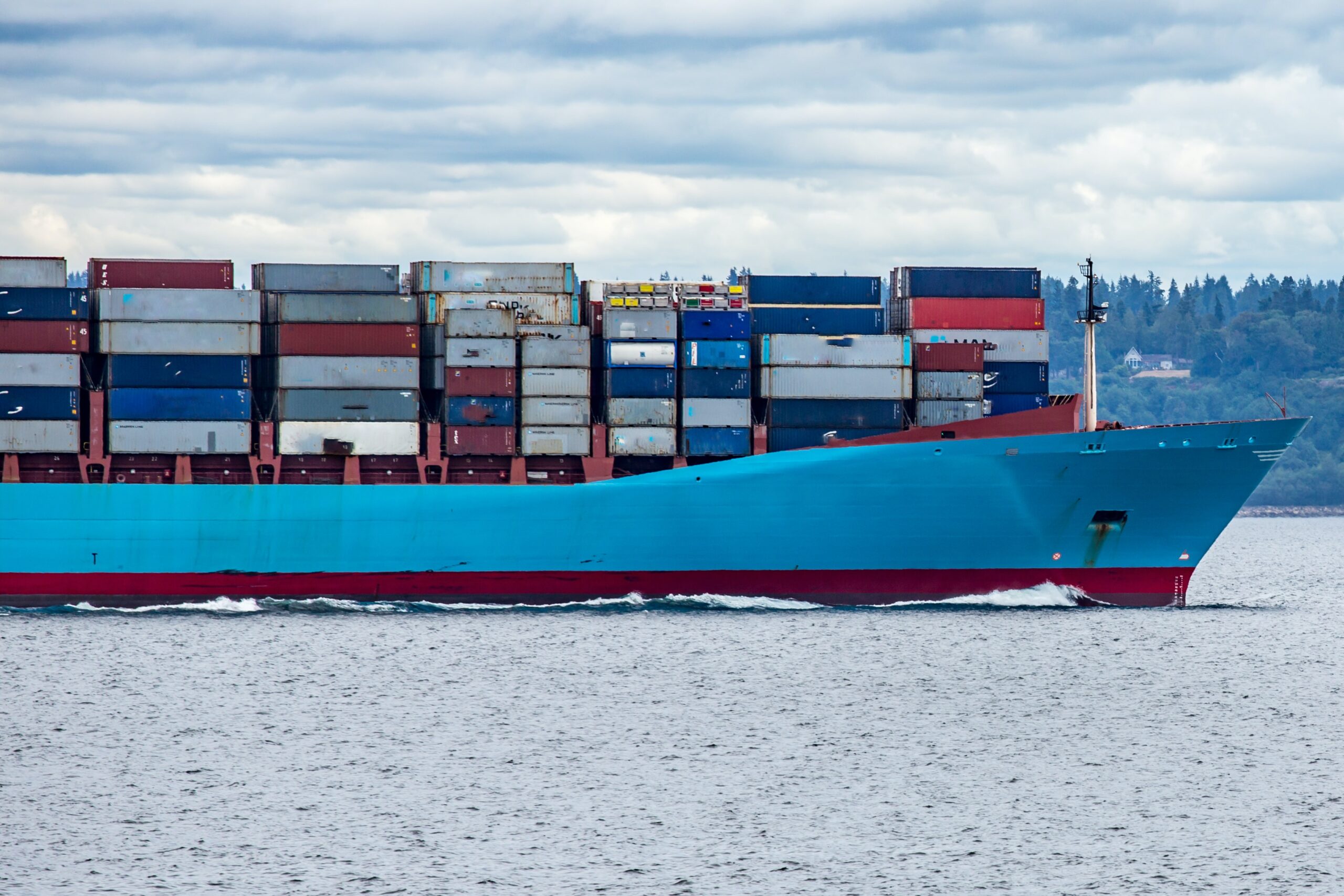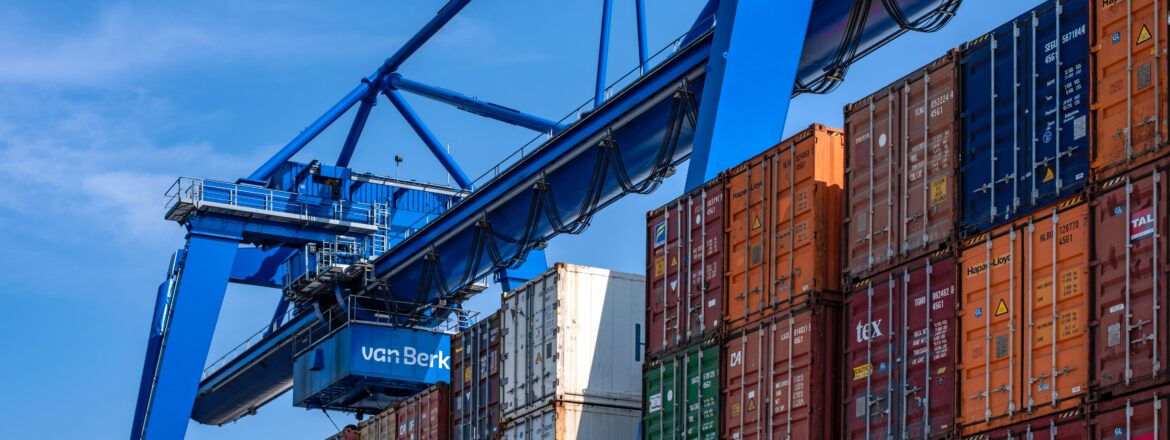International and cross-border shipping are an integral part of many small businesses and understanding the duties and taxes that go beyond domestic shipping is crucial in helping you save time, money, and unnecessary headaches in the long run. Detours and delays are no fun and extremely costly when managed incorrectly. We’ve got a quick guide to duties and taxes below to help you get started.
What are Duties and Taxes?
Duties are fees that importers pay to the government when bringing goods into the country. They are designed to protect the domestic industry and also serve as a source of revenue for the government. The rate of duty that is paid is dependent on the type of goods being imported and the country of origin that the goods came from.
Taxes, including sales tax, goods and services tax (GST), and value-added tax (VAT), are also fees that governments collect when goods enter the country. Similar to duty, the tax rate is also dependent on the country of origin and the type of goods.
Why is it Important to Know about Duties and Taxes?
Whether you are importing or exporting goods, each country’s rules and regulations are different, and having a thorough knowledge of the duties, taxes, and all relevant documents required is crucial. Failing to fully prepare your shipment for import/export will result in unnecessary fines, delays, and even seizure of your goods.
As with all business transactions, bringing in revenue is the main goal and not factoring in the right amount of taxes and duties will affect your pricing, shipping cost, and bottom line.
How are Duties and Taxes Calculated?
The amount of tax and duty that you pay on a shipment depends on:
-
- The country your goods are entering
-
- The type of goods being shipped
-
- The declared value of your goods: the total value of your goods including insurance and shipping costs.
The Harmonized System code, a standardized system used to classify traded products, for your goods is needed in order to determine the applicable taxes and duties you will pay. Upon knowing the codes, the Canada Border Services Agency’s tariff database will enable you to estimate the amounts of taxes and duties that you will need to pay. Duty exemption or reduction may occur when shipping to certain countries that have trade agreements. For example, goods shipped within Canada, the US, and Mexico may be eligible for reduced or waived duty under the North American Free Trade Agreement (NAFTA).
What are Some Tips for Shipping Smoothly Internationally?
Have reliable partners on your team-whether it’s custom brokers, trucking companies, or freight forwarders, you’ll want dependable and knowledgeable people working with you.
Declare your goods accurately-avoid costly delays and penalties by accurately declaring your goods. When in doubt, always round up the declared value to avoid under-declaring and the string of problems associated with that.
Keep on top of the regulations of the country you are shipping to-shipping requirements and regulations differ in each country and obtaining the necessary permits or certification, using specific packaging, and labeling your cargo correctly is a must.
The expansion of your business calls for celebration, but careful planning and understanding of how taxes and duties from different countries play a crucial in avoiding costly mistakes. With over 30 years of experience as one of the only trucking companies in Vancouver, BC that services all major ports/rails and operates a bonded warehouse, our knowledgeable team is here to help you navigate logistical challenges and come up with a game plan.
We are here to provide comprehensive solutions for all your transportation and warehousing needs including LTL and FTL trucking servers across Canada including BC, Alberta, Ontario, and Quebec. Contact us at (604)-276-9044 or info@sandhartrucking.com to learn more.


